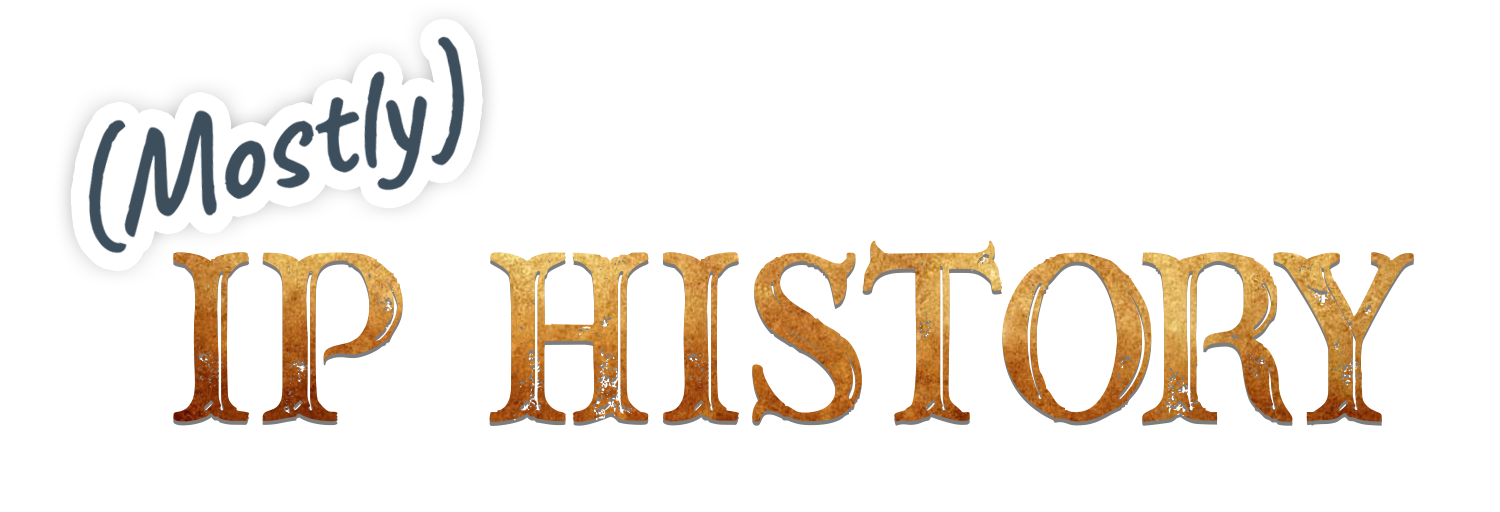The Librarian of Congress and the Register of Copyrights
I was surprised this past Friday to learn that Maria Pallante, who had served as Register of Copyrights (the head of the US Copyright Office) since 2011, had been removed from this position by Carla Hayden, who recently became the Librarian of Congress. In theory the Register of Copyrights is subordinate to the Librarian of Congress, but no Register has been removed by a Librarian in the past 120 years, and in fact the relationship between the two offices is much more complicated than this hierarchy would suggest. Understanding why this is the case requires a bit of history regarding the interactions of the Library and the Copyright Office.1
After eighty years of copyright registration being handled by the Federal District Court for the region of the state the author or publisher lived in, copyright was centralized in the Library of Congress in July of 1870.2 For 27 years, Librarian of Congress Ainsworth Spofford was in charge of copyright registration in the United States. However, perhaps inevitably, Spofford’s administration of copyright was somewhat disorganized, as his main interest in copyright was ensuring that the Library of Congress received deposits of all books and other library materials registered for copyright.3 It was obvious that a head of copyright for the United States was needed, and in 1897 the position of Register of Copyrights was created by Congressional Act. Spofford had just stepped down from the position of Librarian of Congress after 32 years, and the Library moved into its first dedicated building, now the Jefferson Building, that same year. With the library entering the modern era Thorvald Solberg was appointed the first Register of Copyrights.
However, in 1898 Spofford’s succesor died in his second year in office, and the hunt for a new librarian began. Solberg feared that the next Librarian would be a political appointee, and took it upon himself to engineer the appointment of a Librarian who would be nonpartisan. This story has been rarely told, but Solberg left a handwritten account entitled “The Librarian of Congress and the Register of Copyrights” (PDF, 15 MB) in his personal papers, now held in the Manuscript Division of the Library of Congress.4 The full account is worth reading, but briefly Solberg convinced the President to delay making an appointment and convened a conference of librarians from around the country.5 This conference put forward the name of Herbert Putnam as the best choice for the next Librarian of Congress, and Putnam duly became the Librarian of Congress in 1899.
Solberg and Putnam would continue in their respective positions for decades, until Solberg retired at the age of 78 in 1930.6 Putnam would serve another decade beyond that as Librarian of Congress. It is impossible to ask them anymore, but it is difficult to imagine that Solberg could have been Putnam’s subordinate in any meaningful sense once Solberg had engineered Putnam’s appointment. Over time, the Copyright Office developed into an independent agency inside the Library of Congress – oral histories done by the Library of Congress confirm that by the 1970s employees of the Copyright Office generally considered the Office’s connection to the Library tenuous at most.
The Register of Copyrights engineered the appointment of a new Librarian of Congress 117 years ago as of this post, after which time the Copyright Office has been largely left to its own devices. It will be interesting to see what the future holds.
- A bit of context to this post is that I only recently completed a (enjoyable and productive) term as the 2015-2016 Abraham L. Kaminstein Scholar in Residence at the US Copyright Office, reporting to then-Register Pallante. I’m no longer at the Copyright Office, and to the extent any opinions are offered, they’re offered in my personal capacity anyway. ↩
- This is a simplified version of the story, William Patry’s Copyright Law and Practice gives more detail for those interested ↩
- And nothing but books, music, and other materials of interest to libraries. In fact, Spofford pushed for and received legislation moving copyright registration for product labels and advertising prints into the Patent Office, a move only repealed in 1940. ↩
- Thank you to Will Slauter for pointing this document out to me ↩
- Solberg remembers it as being President (Theodore) Roosevelt, but in fact the President was still McKinley. ↩
- He would live until 1947, remaining active in copyright issues in his retirement ↩





